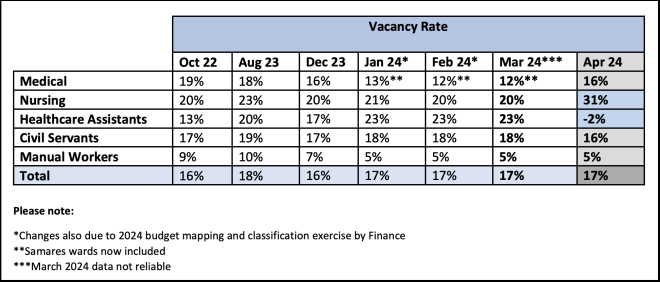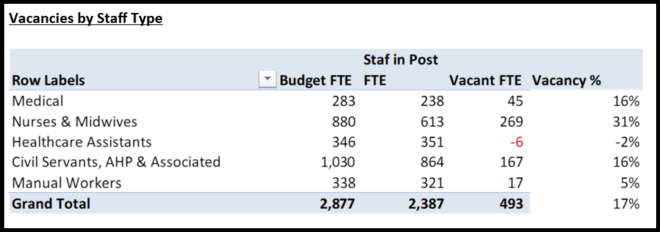


Jersey needs more than 4,000 extra care staff by 2040 – but the problem is unlikely to be resolved without urgent action, as many still aren't being paid "enough to survive", according to their industry body.
The huge predicted staffing shortfall was revealed by Chief Minister Lyndon Farnham as he spoke to a "record crowd" of business leaders at last week's Chamber Lunch.
"We are not going to allow population changes to be unmanaged or unplanned," said Deputy Farnham.
"We will need more workers, for example potentially as many as 4,000 additional care workers by the 2040s. This will need careful planning to ensure we provide a balanced workforce for the whole economy."

Pictured: Deputy Lyndon Farnham at last week's Chamber Lunch. (Gary Grimshaw)
He added that the forthcoming annual Population Report will include a roadmap for how the Government will coordinate activity to prepare for these challenges.
Cheryl Kenealy explained: "We are living in a society that has an ageing population which is going to continue to rise.
"Without careful planning for this, Jersey is going to find itself in an increasingly difficult position.
"We have petitioned the last three Governments to address this, with little ground made."
Speaking about the issues impacting care workers, she said: "We are not paying our care staff enough to survive."
Whilst many islanders are often hesitant to pursue a career in care work because of the low pay and long working hours, hiring workers from other countries "had a positive impact on the sector in the last 18 months".

Pictured: Cheryl Kenealy is the Chair of the Jersey Care Federation.
However, new immigration rules have made it difficult to recruit international workers.
"Most of these care workers are female, leaving young families at home, with the hope of bringing their families over once they are settled," said Ms Kenealy.
"However, when applying for visas for their dependents, their applications are being largely rejected by immigration due to new rules being implemented, stating that they will not be able to afford to support them, and could become a burden on the state.
"If they are earning a skilled wage and meet the criteria for entry, then so should their dependents."
She warned that this situation might force skilled workers to "reconsider Jersey as a non-viable place" and could lead them to "seek employment in jurisdictions where they can bring their families".
"This will have a catastrophic effect on the sector," she said.
The Jersey Care Federation last year called for a £1,500 Government grant per overseas skilled carer recruited to cover visa and travel costs.
But "no funding has been offered to the sector to date despite repeated requests", said Ms Kenealy.
There are also significant staffing shortages in the public sector.
A recent report presented to the Health Advisory Board revealed that nearly one-third of nursing posts in the Health Department are currently vacant, with 269 empty nursing jobs as of April 2024.

Pictured: A workforce report showed that the nursing vacancy level in the Health Department rose to reach 31% in April.
The workforce report added that the nursing vacancy rate jumped from 20-21% in early 2024, to 31% in April.
While nurses and midwives recently accepted an 8% pay increase for 2024, with guaranteed increases for the following two years, cultural issues rather than pay were cited in exit interviews as the main reason for staff departures.

Pictured: A workforce report showed that there were 269 empty nursing jobs in the Health Department in April.
Carolyn Downs of the Health Advisory Board said it was "really concerning" that over 66% of those leaving cited cultural issues such as stress, lack of support, and poor career development.
Adding to the challenges, recent population statistics have revealed a concerning trend of outward migration.
Between 2019 and 2021, more people left Jersey than arrived, with long-term residents and 'Jersey Beans' forming the largest group of leavers.
In 2021 and 2022 alone, there was a net loss of around 2,000 Jersey-born or qualified people of working age.
Living wage emerges as Chief Minister’s first big battle with businesses
Almost 270 empty nursing jobs across Health Department
£200,000 of Gov support would solve recruitment crisis, says carers
New stats highlight continuing ‘Bean drain'
FOCUS: Could a ‘Bean’ drain be Jersey’s next big challenge?
FOCUS: Can Jersey avoid hitting 150,000 people by 2040?
Comments
Comments on this story express the views of the commentator only, not Bailiwick Publishing. We are unable to guarantee the accuracy of any of those comments.